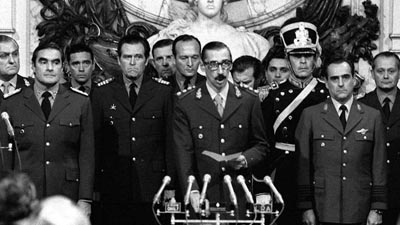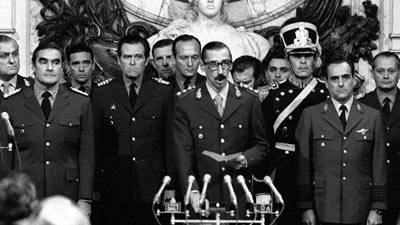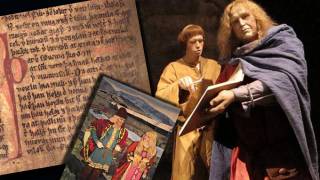Top-secret files shed new light on Argentina’s ‘Dirty War’
Source: independent.co.uk
Cleaners stumble across classified documents linked to military junta behind 30,000 deaths
Top-secret files dating back to Argentina’s “Dirty War”, including an extensive inventory of blacklisted artists and journalists, have been discovered gathering dust in an air force building in Buenos Aires.
Among the 1,500 files and 280 documents is a blacklist, almost exclusively made up of well-known personalities from artistic and intellectual circles.
In the document, each name is given a number between one and four depending on a perceived “danger” level. The list includes several figures of international repute, including the folk singer Mercedes Sosa, who died in 2009, as well as tango musician Osvaldo Pugliese and novelist Julio Cortázar, both also deceased.
In the last military dictatorship, between 1979 and 1983, up to 30,000 people are thought to have been tortured and killed. The files are expected to be published by the government in the coming months, once they have been fully analysed. “This find will surely have a big impact,” said Gastón Chillier, executive director of CELS, an NGO specialising in human rights. “This is the first time documents of this kind have appeared from the military junta, the very highest level. The historic importance might also help future human rights trials [for crimes committed during the dictatorship].”
The files were reportedly discovered by chance last Friday during a routine clean of the lower-ground floor of the Condor Building, the air force headquarters in Buenos Aires. The information was passed on to the Ministry of Defence.
“The discovery shows that the hope we’ve all maintained that there might still be documentation out there [relating to the dictatorship] hasn’t been in vain,” said Argentina’s defence minister Agustín Rossi at a press conference where some of the files’ contents were revealed.
Among the disclosed information is an attempt to supress discussion of crimes allegedly carried out by the junta. In one document, military officials are instructed to avoid referring to anyone as “disappeared”, a term that became common currency during the period because of the military’s penchant for burning victims’ bodies or throwing drugged prisoners from aircraft into rivers so relatives would never find them. Instead, officials were told to talk of “requests about the whereabouts of a person”.
[...]
Read the full article at: independent.co.uk
Tune into Red Ice Radio:
Adrian Salbuchi - Argentine Corruption & World Government in South America






















